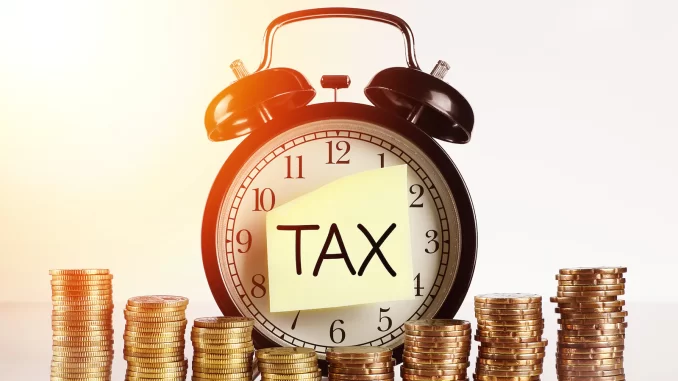
Many governments impose taxes to raise revenue and redistribute income more equitably. People react to these taxes in various ways: labor supply, tax evasion/avoidance strategies and geographic mobility are just some of the options individuals use in response to taxes imposed upon them by governments.
Impact of taxation on entrepreneurship and innovation is an integral consideration for policymakers. High taxes create an additional financial burden on entrepreneurs that may be difficult for them to overcome.
Innovation as a process
Innovation is a process by which creative solutions are developed that meet market and customer needs more effectively, serving to strengthen economic development. Innovation can be applied in any industry or business setting – including creating new products or services; improving production methods; environmental stewardship programs; or community development initiatives.
Innovation as a formal process may make many uncomfortable, believing it stifles creativity. Yet in reality it can lead to increased productivity and greater profits while keeping companies competitive on the market.
Studies have demonstrated the positive relationship between an environment conducive to innovation and entrepreneurial development and tax environments conducive to innovation, and entrepreneurial development. Unfortunately, very few studies have attempted to validate this relationship in developing countries like Nigeria. Igbinovia and Okoye conducted survey data analysis using multiple regression modeling in order to study how taxes and incentives influence entrepreneurship there and tested for heteroscedasticity and multicollinearity.
Innovation as a result
Establishing a successful enterprise from its inception requires considerable risk and investment. Unfortunately, many entrepreneurs become disgruntled by their taxes. According to estimates, Americans spend an estimated 6.5 billion hours each year filling out tax forms; time that could otherwise be better used on business activities.
Tax environments play an essential role in shaping entrepreneurialism and innovation. In this paper, a sample of companies is used to examine how tax reduction impacts innovation; results reveal that enterprises with less financing constraints tend to experience greater levels of creativity and innovation.
This study’s findings confirm the positive influence of lower corporate taxes on entrepreneurial activity. Furthermore, these results demonstrate how this impact is mediated by financing constraints and crowding-out effects – suggesting a holistic view of taxation’s effect on entrepreneurialism is required to design effective policies. Moreover, governments should consider cutting taxes for small and medium-sized enterprises in order to encourage entrepreneurial development.
Innovation as a strategy
Entrepreneurship is an intricate process with various components, from creating new products or services or business models to using specialized skills and knowledge to understanding market dynamics and economic growth and development. Entrepreneurs play a vital role in economic development and economic growth, but its tax impact must also be considered, since tax regulations can influence investment decisions as well as risk taking decisions.
There are various policies designed to foster entrepreneurial activity, including reduced corporate taxes and payroll taxes. Such changes can help lower opportunity costs and barriers to entry while simultaneously increasing funding available for new ventures and decreasing the compliance costs related to tax rules.
But these changes must be carefully implemented, or they could deter entrepreneurs from exploring innovative ideas. Tax reform should address both levels and progressions of taxes as well as how capital investments and losses are treated by the tax code.
Innovation as a culture
Innovation as a culture demands open communications channels that enable employees to express their ideas freely without fear of criticism, encourage risk taking and view setbacks as lessons for future success. Furthermore, personal accountability must also be fostered alongside supporting new skills development.
Taxes have an adverse impact on innovation: they influence investment rates, distort leisure choices and productivity gains, encourage labor supply shifts to low-taxed sectors and act as an additional “tax on success.” Progressive individual income taxes further compound these effects by decreasing venture returns at higher levels thus acting as a form of “tax on success.”
Policymakers can foster innovation by developing tax incentives consistent with social entrepreneurship. Policymakers should promote broad-based taxes with low rates and eliminate loopholes that reduce their tax base – encouraging entrepreneurs to reinvest more into their businesses, ultimately driving economic growth.

Leave a Reply